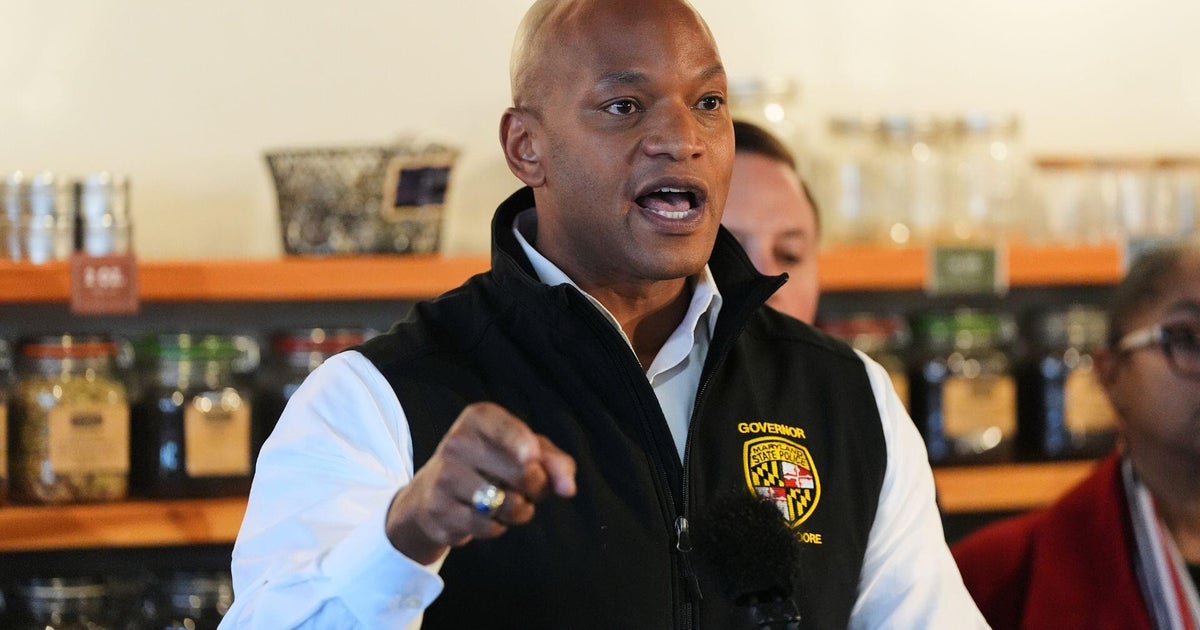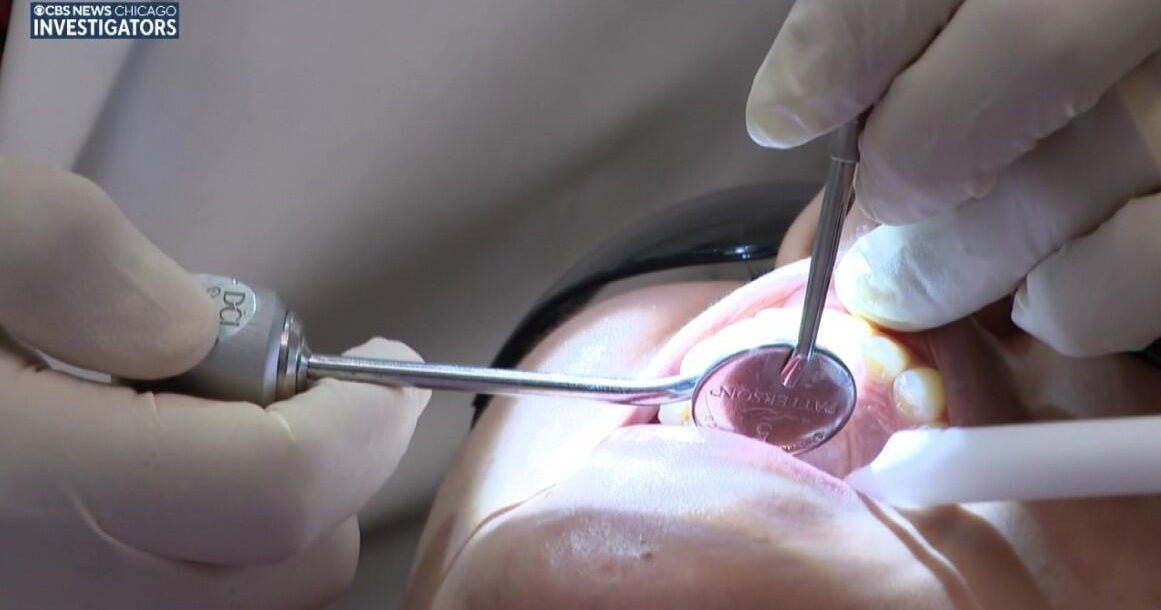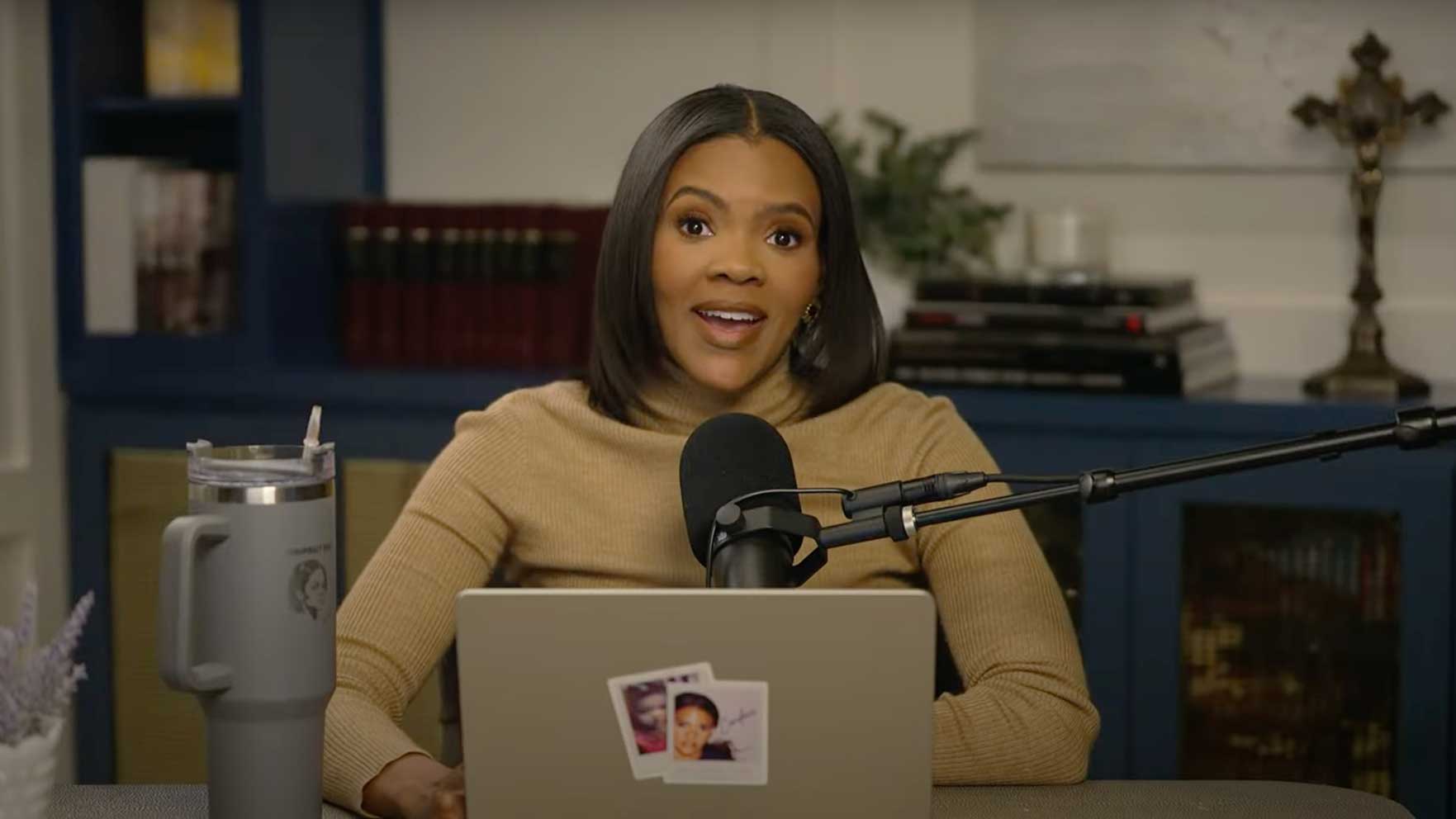In Paris, Vice President Kamala Harris seeks to strengthen ties – and stay out of the headlines
If you were in Paris this week, you could be forgiven for not knowing that Vice President Kamala Harris was here too.
She had talks with French President Emmanuel Macron, delivered a speech at the Paris Peace Forum, dined with world leaders, and visited an American cemetery. But there has been almost no coverage of her five-day visit in the French press.
That's not because the French don't care. Rather, this visit was very tightly controlled and there have been no open public events where ordinary French people could get to see her. No visit to a school or even a shopping trip or dinner at a restaurant. As the first woman vice president, curiosity alone would have brought people out.
Also, the French media have been held at bay. The only reporters allowed at her events were those who traveled with her from Washington. Several French journalists tried in vain to get near the vice president but not a single interview request with the French media was granted.
Even her high-profile speech at the Paris Peace Forum — her first chance to address a major international conference on behalf of the White House — made few waves. The forum was billed as being about concrete solutions and new ideas, but the vice president's speech was low on tangible suggestions and high on well-intentioned thoughts.
"If we join together, there is no challenge that is too big to take on," she told the assembled heads of state, government and international bodies — without saying how that might be done.
While in Paris, a number of new cooperative efforts with France were announced. Following her talks with President Macron, Harris said she was "very excited" that he was interested in cooperation on space exploration, including joining the Artemis Accords, a set of principles to guide future missions. She confirmed that the U.S. will join the Space Climate Observatory, where space agencies cooperate to monitor climate change across the globe. And she announced that the U.S. will support the Paris Call for Trust and Security in Cyberspace — a voluntary commitment by the international community to work together on cybersecurity. They are all important issues, but not headline-making.
It was clear from the outset that this trip was about mending fences after the French felt betrayed and blindsided when a lucrative submarine deal with Australia suddenly went to the U.S. and Britain instead. President Biden met with Macron last month and expressed regret over the "clumsy" handling of the situation, but stopped short of apologizing. Harris says the subject didn't come up during her talks with Macron.
After her many meetings with him this week, she will, however, be better able to offer Mr. Biden an idea of where things really stand with France right now.
President Macron, who is famed for his diplomatic skills, said the U.S. and France are "at the beginning of a new era." That doesn't mean all is forgiven, or forgotten, but there seems to have been a decision by both countries to set their differences aside — at least for now — and concentrate on what they have in common.




